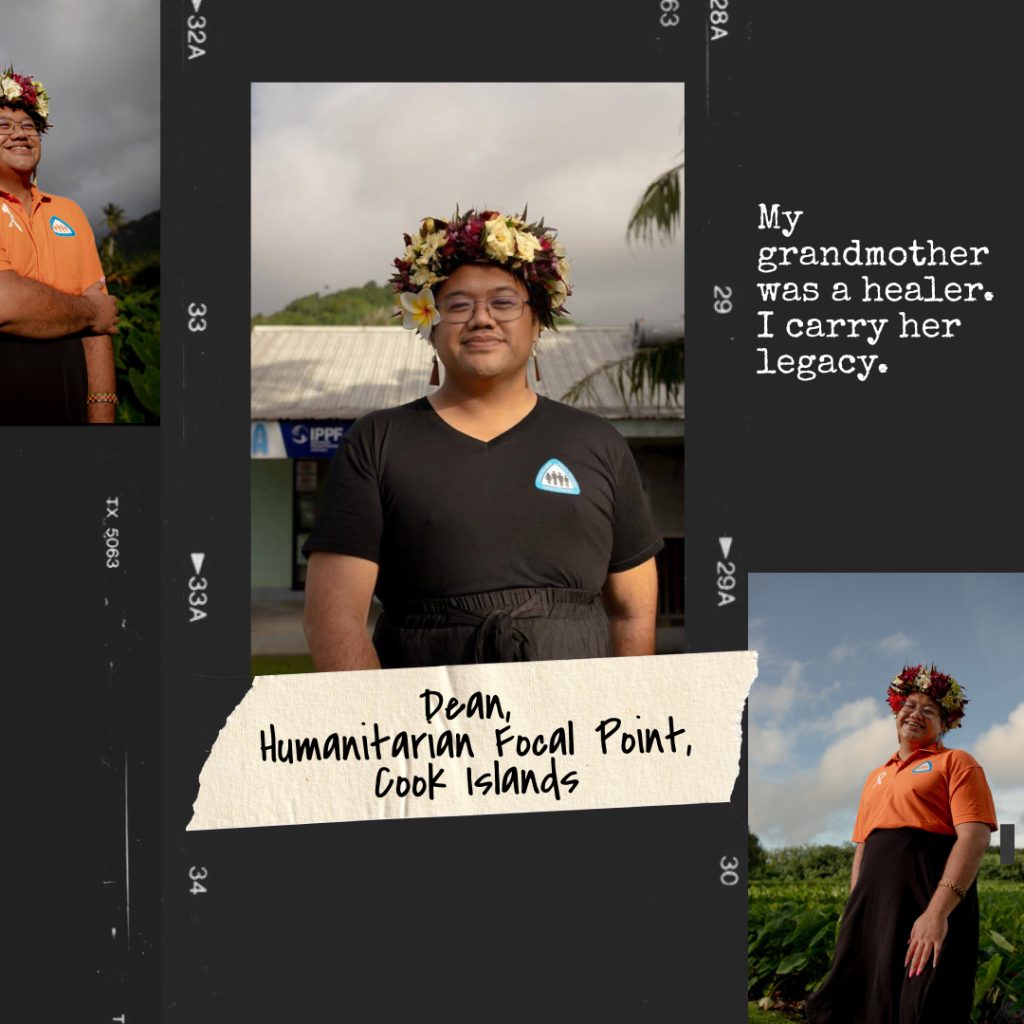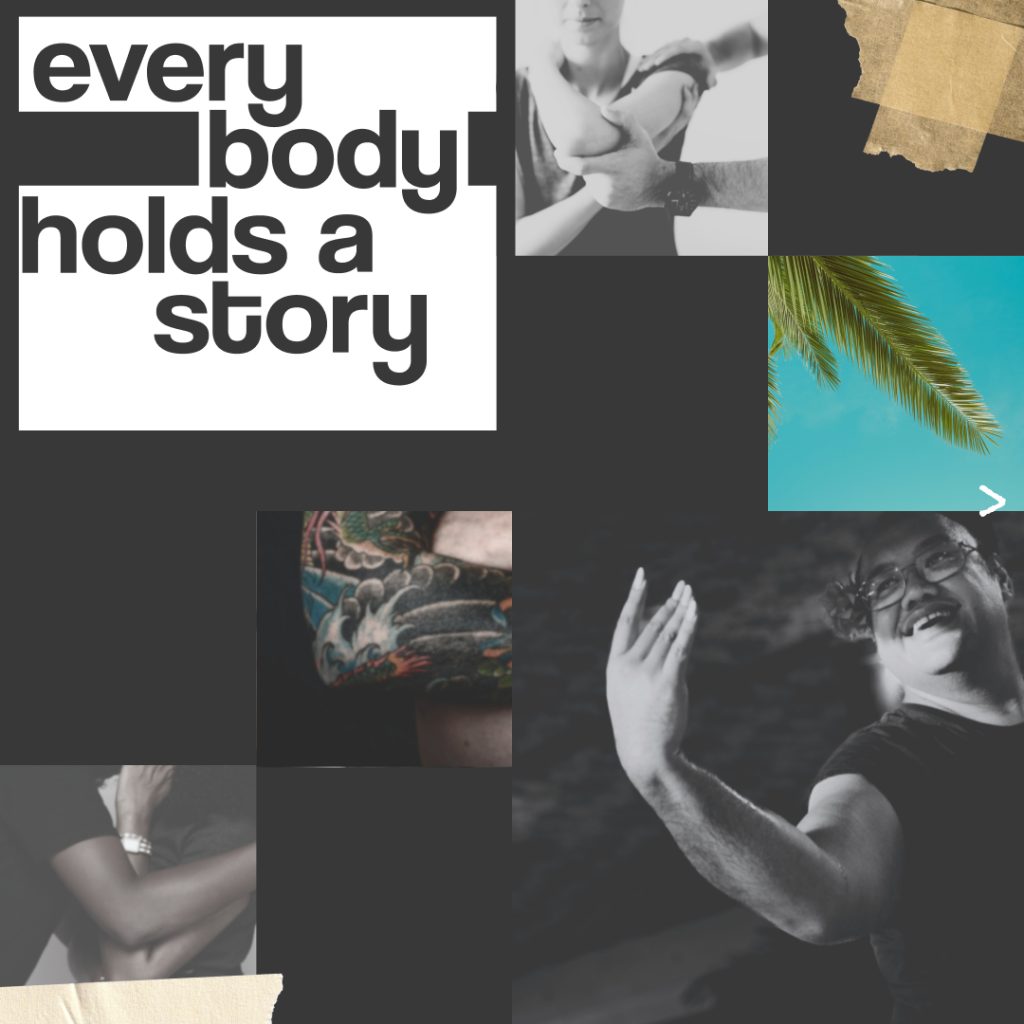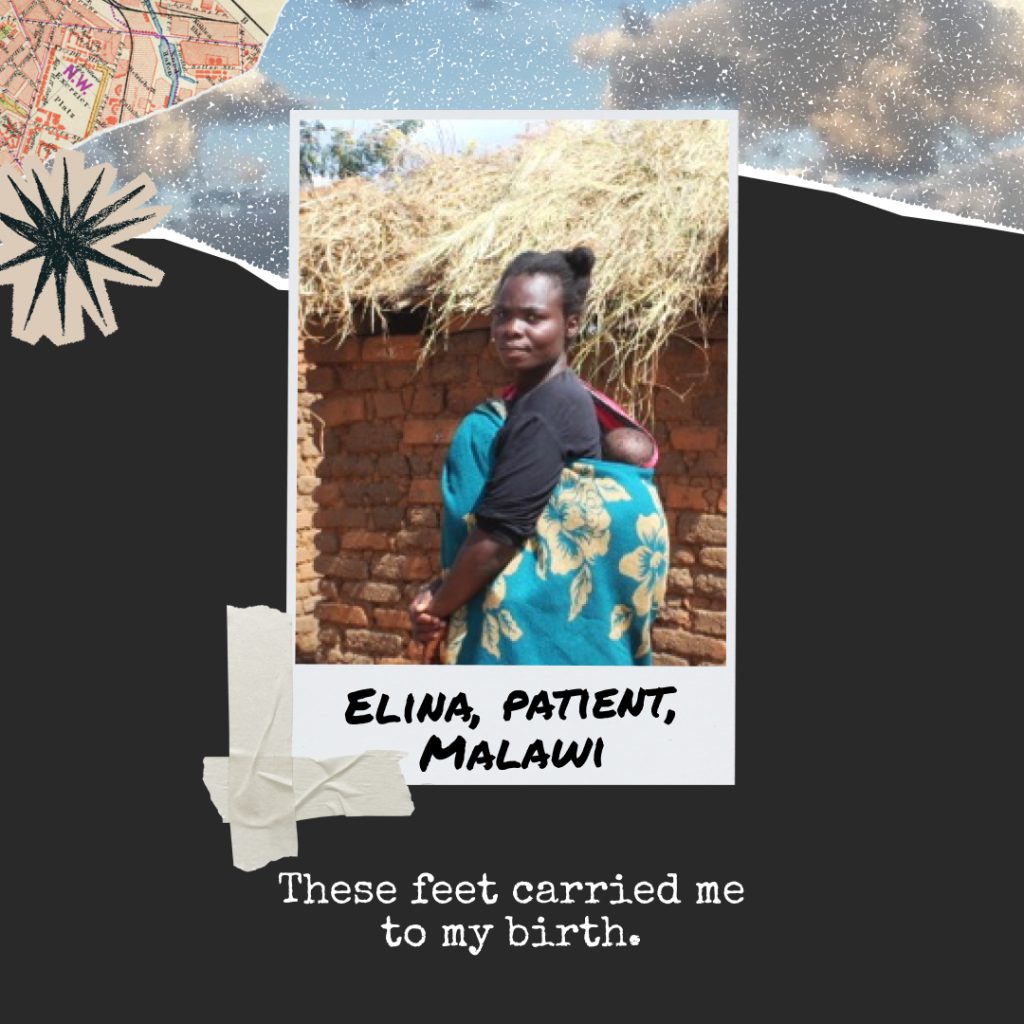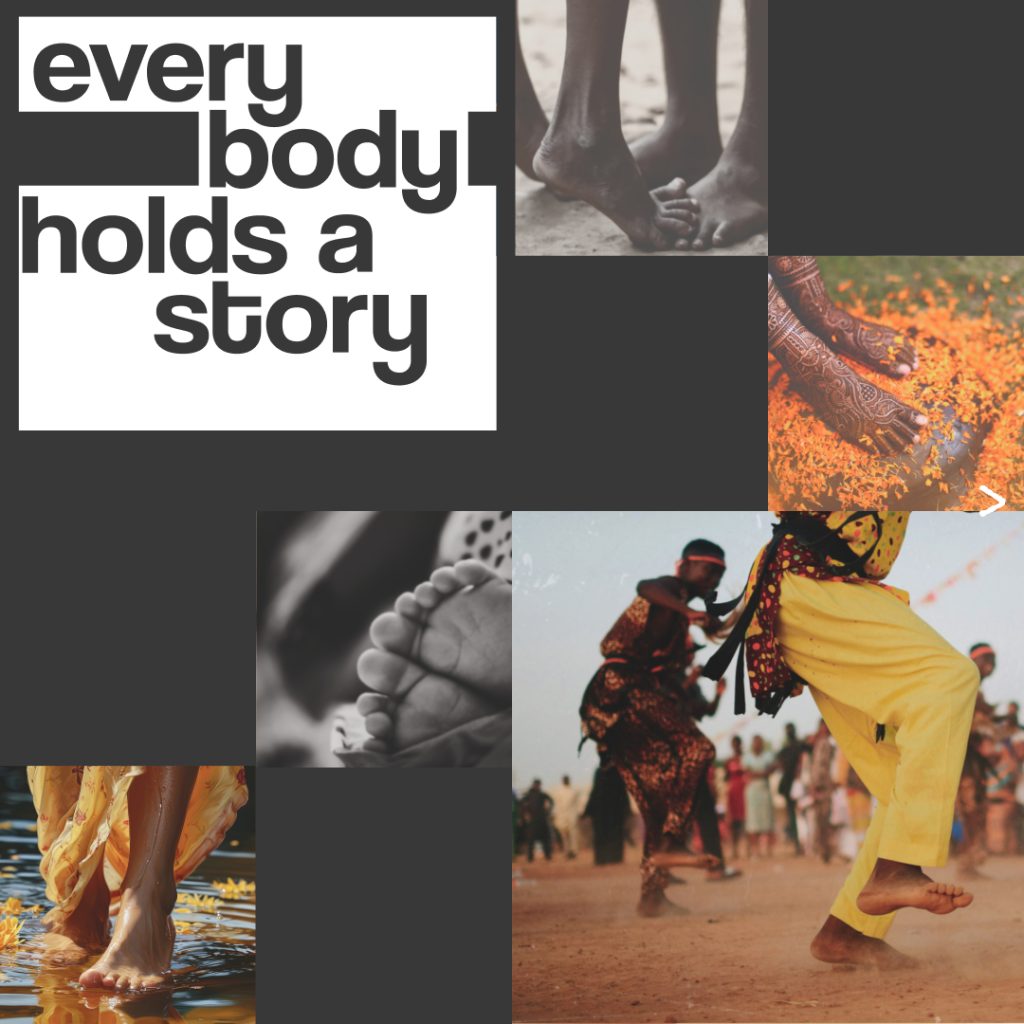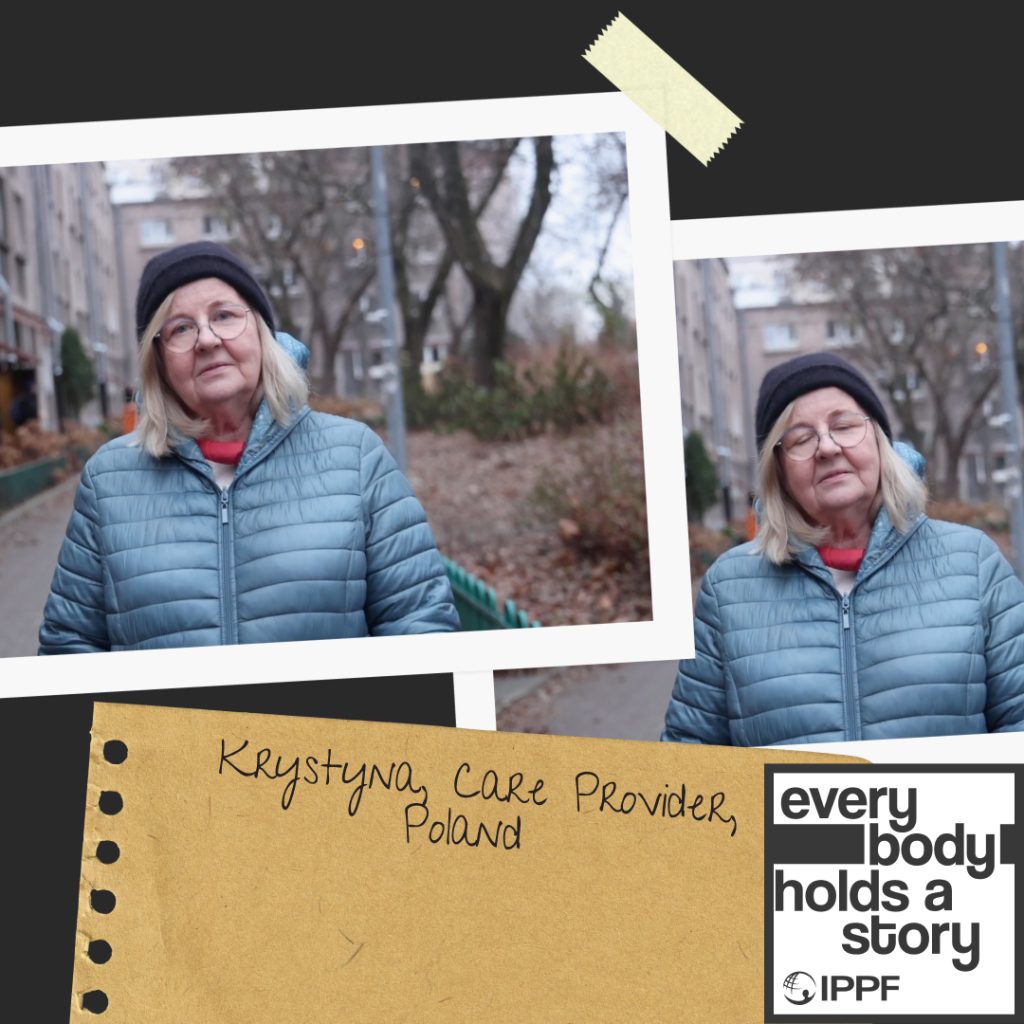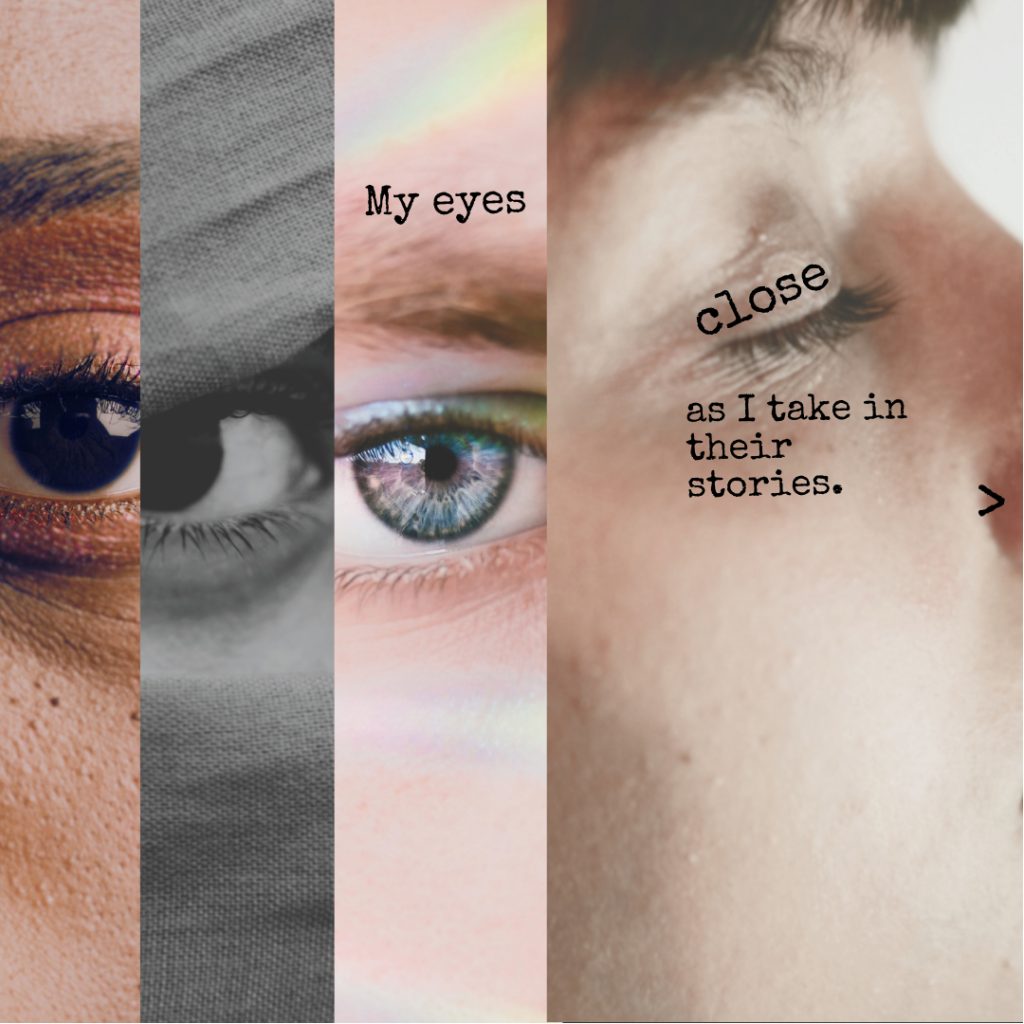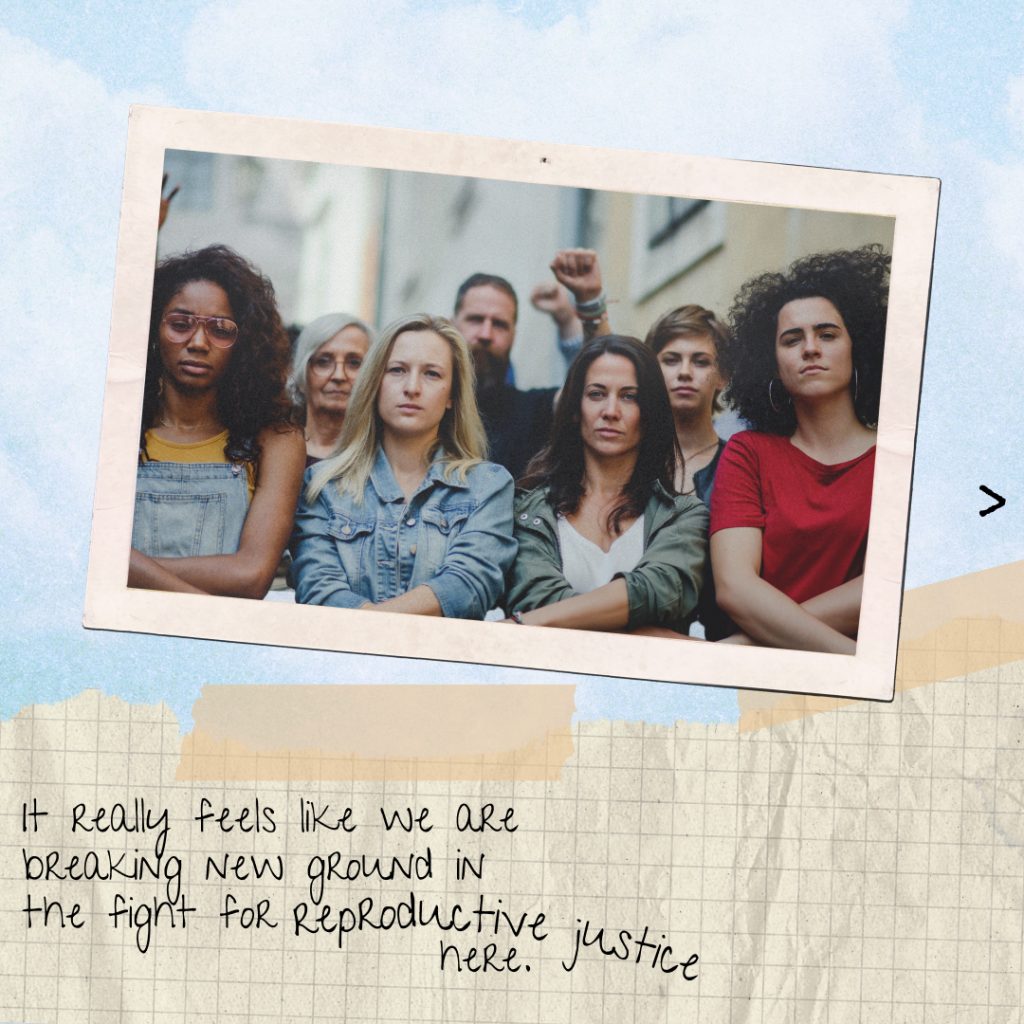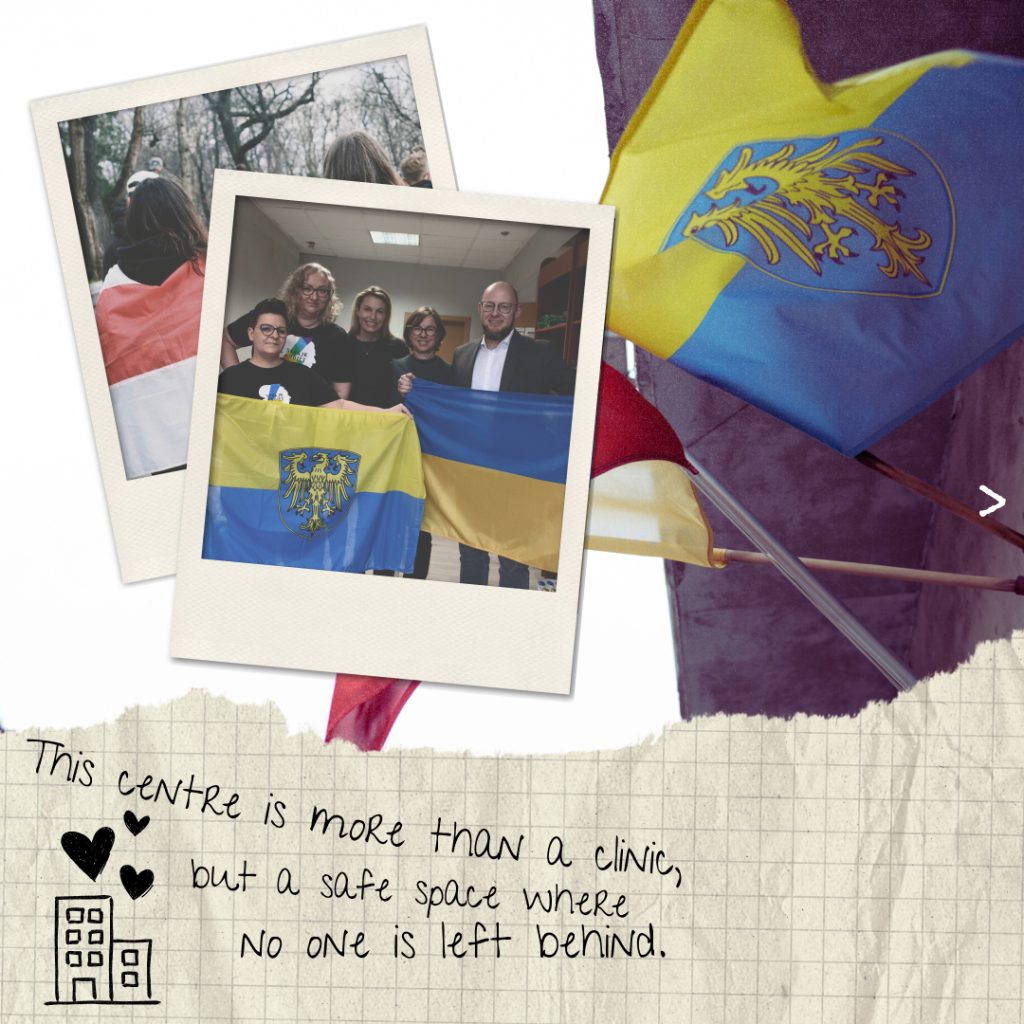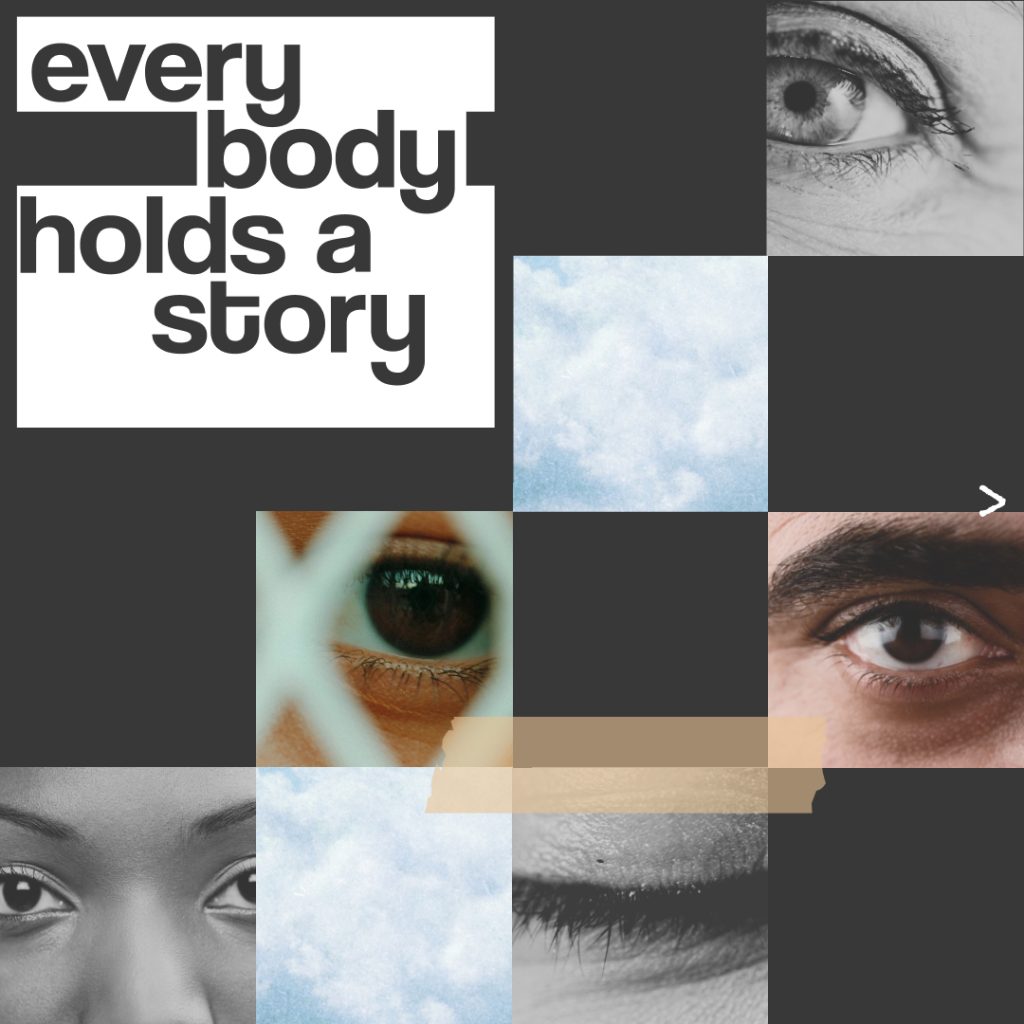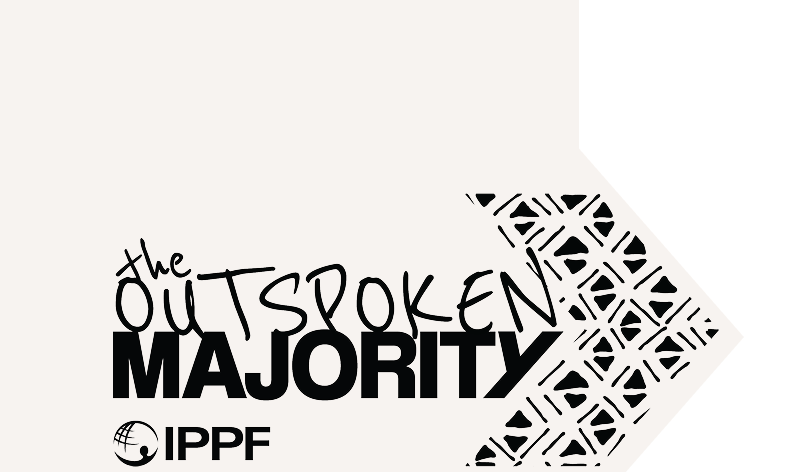
How Advocates in Mexico Fought for—and Won—Abortion Access
In September 2023, Mexico’s Supreme Court made a landmark decision: banning abortion is against the country’s constitution. This was a huge win for abortion rights—not just in Mexico, but around the world.
But this didn’t happen overnight. Groups like GIRE and Mexfam worked for years to make it possible. They brought people together, made strong legal arguments, and organized in their communities. Their story shows how big change is possible—and what it takes to make it happen.
Talk about abortion as a human right
This wasn’t just a legal debate. The Outspoken Majority in Mexico made it clear: denying abortion care takes away people’s freedom, health, and equality. When we talk about abortion as a basic right, not just a policy, we can win hearts and minds.
The work doesn’t stop when laws change
Before the ruling, abortion was legal in some states—but many people still couldn’t get abortion care. A law on paper doesn’t mean much unless it leads to real access in people’s lives. Now, all federal hospitals in Mexico must offer abortion services.
Trust people—like you—who know their communities
Mexfam and other local leaders made this win possible because they had deep relationships and knew what their communities truly needed. When you know the people, you know the path forward. Real change happens when community members lead the way.
Make the win known—and make it work
After a legal win, the work isn’t over. People need to hear about it—and know their rights. Messaging, training, and follow-through turn legal victories into real-world change.
Public pressure makes us unignorable
This win wasn’t handed down—it was demanded. When people mobilize, speak out, and raise the cost of silence, even the most entrenched systems are forced to respond. Visibility builds momentum that decision-makers can’t ignore.
Big wins take persistence
This victory took years of legal strategy, organizing, and collaboration. Change is possible—but only when movements stay united and persistent.
Take Action
This win proves what’s possible when communities organize and fight back. But the attacks on reproductive rights aren’t over.
Pledge your solidarity—and be ready to take action when it matters most.

